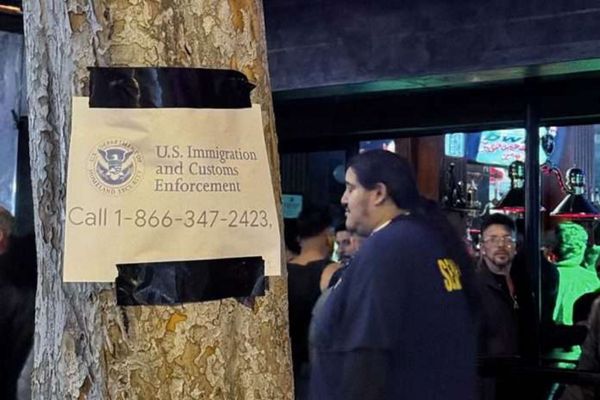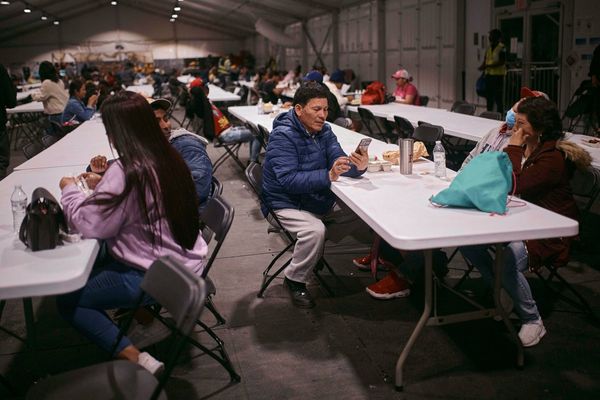
In a wide-ranging and wildly ahistorical speech yesterday, Russian President Vladimir Putin reiterated a chilling contention: that in his view, Ukraine is not a country. Such an assertion is not only patently wrong, but also a threat to ideas of sovereignty, self-determination and the architecture of the global rules-based order. It cannot go unchallenged.
As Putin moves to recognise two Moscow-backed breakaway regions and Russian tanks roll into Ukraine, the West must unite. The United States and her allies need to demonstrate that there are consequences to such flagrant breaches of international law, to punish those in the Russian government who benefit from these actions and to deter further aggression.
Putin revels in perceived weakness and enjoys little more than highlighting cracks in the Western alliance. That is why it is critical Nato responds with a unified front, including a package of sanctions.
These will not be consequence-free for Britain. Already, the price of oil has risen sharply and is on course for $100 (£74) a barrel. Capital Economics, a consultancy, projects a worst-case scenario where a Russia-Ukraine conflict sends oil to between $120 and $140 a barrel, which could add approximately two percentage points to already high levels of inflation. This may in turn prompt central bankers to raise interest rates higher still.
Sanctions could exacerbate the pain, while British firms that have considerable operations in Russia may not see anticipated returns on their investments. But the impact will be far graver for Russia. The country already faces high inflation and interest rates at an eye-watering 9.5 per cent. These will be followed by higher borrowing costs, lower growth and further separate the country from the global financial system.
Sanctions cannot be the end of the matter. Uefa should immediately strip Russia of the right to host this year’s Champions League final in St Petersburg. But more fundamentally, Nato must be further buttressed while European nations need to hasten their diversification away from Russian energy.
If it is the case that Putin only respects strength, the good news is that the Western alliance is strong and growing more united.
Fixed penalty notices
Staying at home, maintaining social distancing and following the rules has been fundamental to our battle against Covid-19. Britons have made enormous sacrifices throughout the pandemic, missing birthdays and attending funerals on Zoom.
It is therefore right that the most egregious lockdown rule-breakers should face the full extent of the law.
However, it has emerged that thousands of people who broke restrictions — including for minor offences — now possess a criminal record that could damage their job prospects for years.
What was not clear to many is that those who did not pay a fixed penalty notice, or who took their case to court and lost, would face such a record. As we report in today’s Standard, this includes one recent prosecution at Westminster magistrates’ court in which a 20-year-old carer from east London was convicted and fined £120 for visiting a McDonald’s drive-thru with three colleagues.
The Government clearly thinks that such an approach is proportionate. So it will be interesting to see how it reacts to the findings of the ongoing Metropolitan Police inquiry into alleged parties in Number 10.







